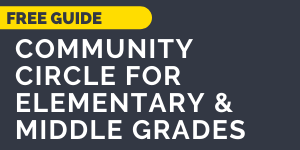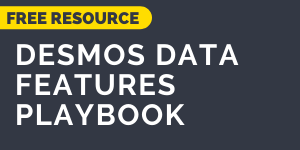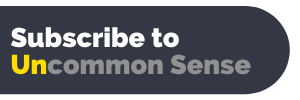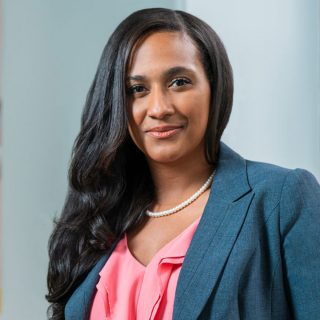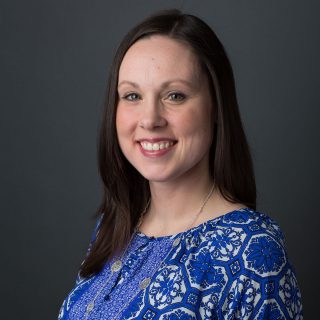Welcome to the first entry of the Uncommon Schools instructional blog, Uncommon Sense! We are excited to connect you with some of the incredible members of our Uncommon team along with ready-to-use resources and the cutting-edge research we utilize to drive student engagement and achievement. Our hope is that this blog may spark a new idea for you, provide assurance in the shared work we are doing, or initiate a discussion with your colleagues.
On a recent day in Diane Davidson and Tyreek Young’s virtual classroom, Lebron James’ voice guides students through a meditation on “A Champion’s Mindset” weaving in and out of bite-sized mantras:
“I started to see the power I had to be a teammate, to be a leader, and to be a champion.”
“I’m going to put in the work, and if I do, winning is inevitable.”
“Success comes when groups of people rise up together and support each other to a common goal.”
As Lebron James’ voice fades, Ms. Davidson and Mr. Young lead their students in a goal-setting exercise that asks them to envision the future they want to design for themselves.
Even at the young age of 6 years old, these first grade students at Ocean Hill Elementary School in Brooklyn, NY know they have the power to positively impact others. Take Kaicyn for example. Described by his teachers as adventurous, confident, and open-hearted, Ms. Davidson shares, “In a demonstration of his core values and dynamic personality, Kaicyn made a video to show all scholars how to upload their work to Google Classroom.” More expert than many in his navigation of Google Classroom, Kaicyn coaches his classmates, “Now you know how to upload your work…See how easy it is? Easy for me—I’m six! I can’t wait to see your work!”
This emphasis on mental wellness, self-determination, and community in Ms. Davidson’s and Mr. Young’s classroom have helped develop student resilience and a positive classroom environment even for our youngest learners during an unprecedented year. Ms. Davidson shares, “We have seen students grow in their support of one another and they express this in small ways like sending each other ‘shine’ and in big ways like thanking another scholar for their continued support in their Scholar of the Week acceptance speech.”
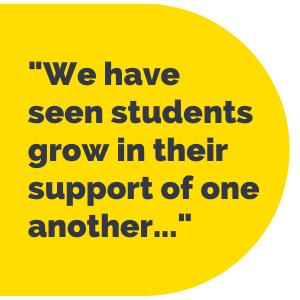
Building community has always been a staple of Uncommon, demonstrated through community circles and advisory groups since our inception. However, we realized as the 20-21 school year launched, we would need a fresh reimagining for remote learning. A prerequisite for our students to successfully learn, grow, and thrive as young people is to ensure we were able to build a positive school environment, whether remote or in-person.
How to Implement Remote Community Building in Your School
Over the past 10 months, educators like Ms. Davidson and Mr. Young have shown us these meaningful, character building conversations can be successfully translated to the remote setting. Here are some of the actions Uncommon educators have taken that may help you launch similar community building moments in your school or classroom, whether virtual or in-person:
- Create space each week for these community building moments
- Create or leverage existing core values for your classroom or school community to center each moment.
- Collaboratively build a safe space for students to express their ideas and to encourage peer praise and support.
- Cover current events that will allow for rigorous, lively, and/or reflective discussion.
- Engage in a fun activity or discussion that weaves in current academic content for extra practice.
Learning Loss: The Big Dilemma
Now halfway through the 20-21 school year, we’ve had to pause and ask ourselves, “How do we know if our children are, in fact, learning, growing, and thriving?” Well, one way is certainly through the positive culture that we see within our schools like in Ms. Davidson’s and Mr. Young’s classroom and through surveying our students periodically throughout the year.
However, we know the conversation cannot end there. We are consistently asked how we are addressing concerns of learning loss during the COVID pandemic. For us, it is important to get an accurate sense of what our students know so we can figure out how to better teach them. Through our work in schools this past year, we have found a few strategies to be particularly effective.
How to Enhance Student Learning in a Remote Context
- Implement informal data gathering techniques, such as:
- Visual cues that students can show on the screen (thumbs up/down; fingers to show answer choices),
- Use a chat feature to read student answers before discussion,
- Utilize online platform features like polls and multiple-choice questions for quick exit tickets at the end of a lesson.
- Simulate charting student voice to anchor discourse by sharing your screen and capturing student thinking in a document.
- Utilize free platforms. At Uncommon, we use Desmos across our schools.
- Narrow your focus to 1-2 key standards a month that can be assessed using a 3-5 question quiz.
- Use breakout rooms to provide individual or group feedback to students (what they did well and what they can improve), and then allow them another opportunity to demonstrate their learning.
Creating schools where students are learning, growing, and thriving keeps us grounded in what is most important for our students. This work is only possible because of the diverse team of educators that tend to our students’ wellness and academic achievement on a daily basis, contributing to the success of our more than 20,000 scholars.
When you subscribe to this blog, you will be joining a community of dedicated education practitioners, and will receive invaluable insights and actionable resources on a variety of topics. Join us as we support teachers and students by applying Uncommon Sense and be on the lookout for our next post which will focus on building better writers.
Ultimately, we hope that when asked, “Are your students learning, growing, and thriving?” that we may in some small way contribute to your ability to say, “Yes!”
Click below for PDFs of all the resources referenced above:
